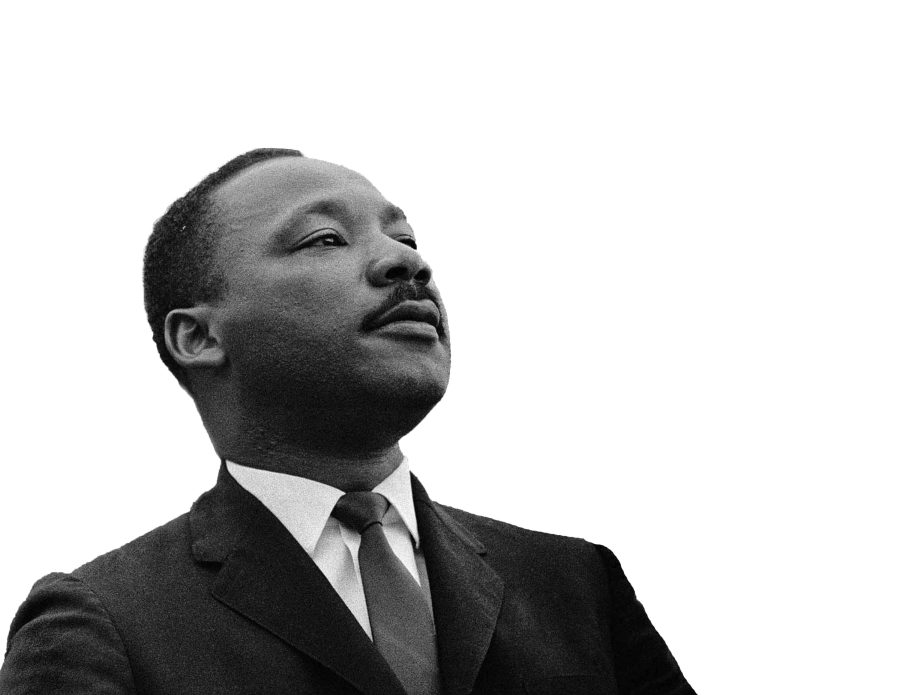Since Black History Month became nationally recognized by President Gerald Ford in 1976, Americans have learned more about the vast contributions of African Americans to the history of the United States. However, much more education can occur, including among students on the campus of BJU.
At BJU, the discussion of race and Christianity reopened after Pastor Ben Gordon spoke in chapel in January on the topic of racial reconciliation from a Christian perspective.
Charrise Lane, sophomore communication major, said she appreciated having Pastor Gordon speak in chapel. She said this was a great way of bringing the topic of racial reconciliation before the student body. She suggested showing historical videos to the student body on black history. Lane also suggested focusing an artist series on black artists as another way to turn BJU students’ attention to the role of blacks in American society and history. “Black history is American history,” Lane said.
After his chapel message in January, Pastor Gordon told The Collegian that many college students still are not as well educated in black history as they should be. “Unfortunately, we have to have a black history month because the advancements and highlights of black individuals throughout history are not taught in normal history,” Gordon said.
Gordon, who believes racial reconciliation is a gospel issue, stresses unity in the church and God’s love of diversity. “God really is an inclusive God of everyone,” Gordon said. “His gospel plan is for everyone.”
Dr. Mark Sidwell, professor in the Division of History, Government and Social Science, agreed with Gordon. “[Black history] has been an ignored topic,” Sidwell said.
Sidwell is the author of a book about black church leaders called Free Indeed. He wrote this book to show that the black church, while associated with social activism, also has a strong evangelical faith. Sidwell identified black historian Carter G. Woodson as one of the first people who suggested that we should pay attention to black history.
Woodson wanted to write his dissertation about black history, but his professor did not believe there was any black history to be studied. “[Woodson] was determined he was going to recover black history,” Sidwell said.
According to history.com, in 1915, Woodson, along with Rev. Jesse E. Moorland, founded what would become known as the Association for the Study of African American Life and History.
This organization, in 1926, sponsored a week in February to look back on black history. This week was sponsored 50 years before President Ford officially recognized a celebration of black heritage. The second week in February was chosen to coincide with both Abraham Lincoln’s and Frederick Douglas’ birthdays.
When President Ford finally officially recognized Black History Month, he credited Woodson.
Bailey Green, freshman biology major, said she liked the idea of having guest speakers on campus during Black History Month. Bailey also suggests going out and serving the community, especially focusing on the black community. “Reflect,” Green said. “Be aware what this month means to us.”
Feb. 19 will offer another way to learn more about black history with an artist series event on campus. On this day, BJU will host the American Spiritual Ensemble, a majority black musical group that performs traditional African American spirituals. Filled with lauded solo performers, the group’s goal is to keep the spiritual alive.
In addition to reminding people of Black History Month through this article, The Collegian will also be featuring short biographical articles about several important historical black figures throughout the month of February.
Looking towards next week’s issue, we will be featuring Phillis Wheatley.






















































